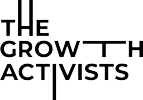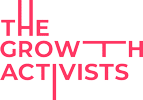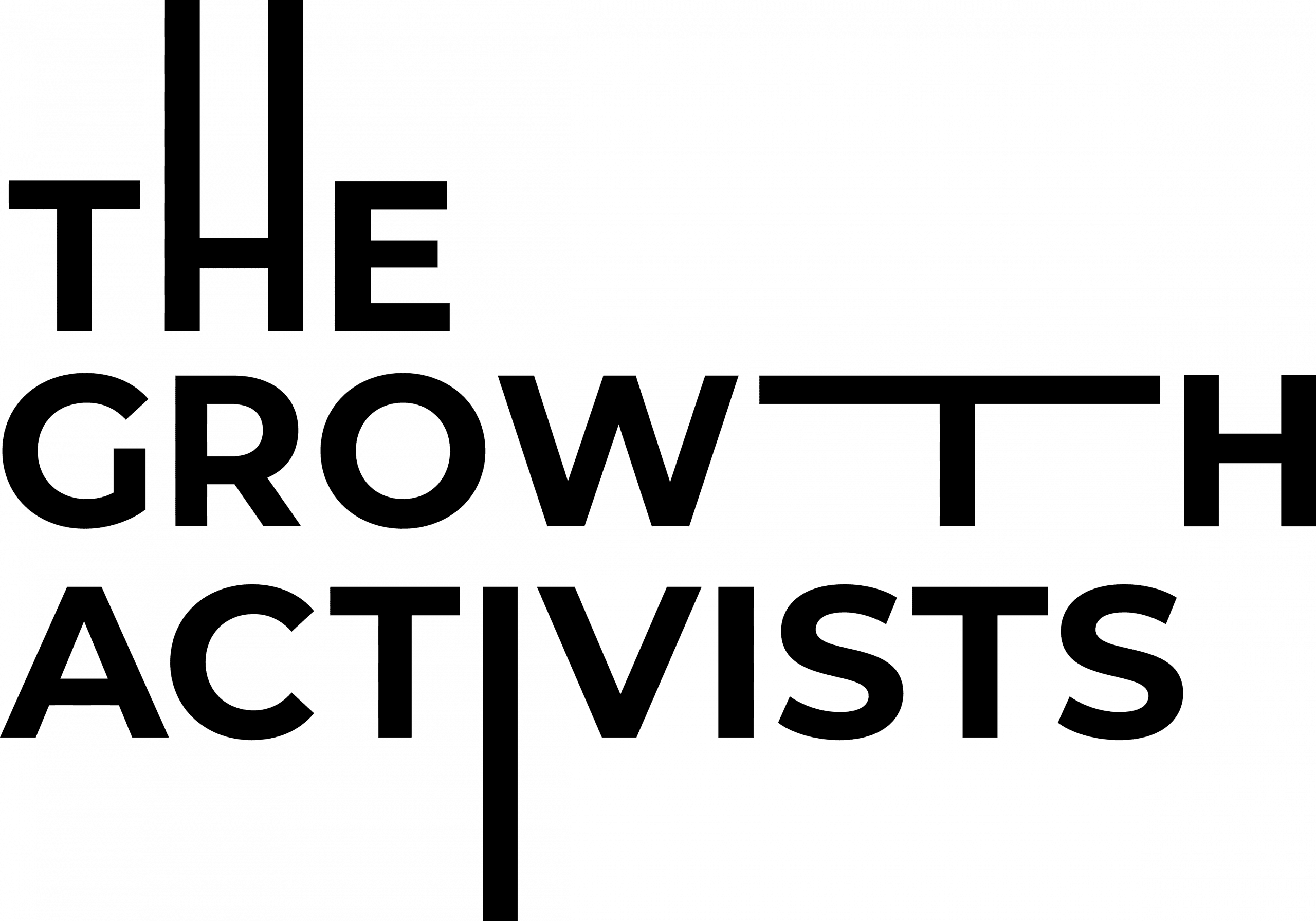Co-author – Kirsty Simmonds, Reputation & Impact Strategist and ESG Advisor.
There’s no doubt that the challenges leaders will face heading into 2023 will be complex and require an unprecedented level of intricate navigation. We are in a time of poly-crisis (the Davos 2023 buzzword), where the problems facing businesses, and society, are interwoven and reciprocally damaging. The challenges include continued fall-out from the global pandemic, civil unrest and conflict, climate change-driven extreme weather and natural disasters, increasing wealth and ideological polarisation, ambiguity around the impact of emerging technologies and a clock that is ticking loudly for the world to achieve the United Nations Sustainable Development Goals by 2030.
Yet at the same time, we are seeing the emergence of collectivist behaviour and interconnected thinking. Leaders across business, government, NGOs and academia are acknowledging that big problems need a big combined force to drive solutions. In fact, the World Economic Forum set the scene for globalist thinking with its 2023 conference theme in Davos last month: ‘Cooperation in a Fragmented World’. The leaders that are making the greatest progress are already thinking and acting in interconnected ways. Businesses with a headstart in this area are implementing operating models that drive awareness of the interconnectedness of issues. Certified B Corps are a good example.
There are three powerful themes that will set the scene for business leaders in 2023, that will help them not only steer through the many challenges, but also realise the once-in-a-generation opportunities before them. The three L’s: Liability, Legitimacy and Legacy. First identified in November 2022 by our partners, global foresight leaders, The Future Laboratory, these three themes challenge organisations and their leaders to embrace a new behavioural model in order to successfully lead, collaborate and become effective pathfinders.
Liability
The legislative and regulatory landscape is evolving rapidly, and the onus is on businesses to become more rigorous in mapping and reporting risks and impacts caused by their operations and their supply chains. Legislation is becoming increasingly complex, with more localised and topic-specific laws coming into effect. Recent examples include the US’s Uyghur Forced Labour Prevention Act, France’s Environmental Labelling law 2022-748 and the upcoming New York Fashion Act, expected to be passed later in 2023. And in Australia, the 2018 Modern Slavery Act is undergoing its first review, with more stringent deliverables for boards expected to be part of the recommended amendments.
But liability is about much more than legal compliance. It is increasingly about the fact that there is an expectation from all stakeholders – customers, employees, suppliers, community partners, shareholders, environmental custodians and others – for organisations to act with accountability, to assume greater ownership and responsibility, and take proactive action in working on solving the global problems in which they are implicated.
In which areas must your organisation step forward to do the right thing before legislative and regulatory changes force you to?
Legitimacy
Legitimacy is about social licence, which is in turn based on trust. It is earned by evidence of actions. Here organisations are expected to prove their expertise and earn their share of voice through listening to their many stakeholders, engaging with them and demonstrating genuine understanding through their actions. The consequences of not recognising this notion of ‘social permission’ to conduct business is the commercial disruption and reputational damage that comes through sophisticated stakeholder activism, as recently experienced by organisations like Shell and Coca-Cola, amongst others.
Business leaders must look at their impacts through a materiality lens, focusing increasingly on those external impacts that are truly important to their stakeholders and where they may inadvertently have negative impacts on people and the planet. They are expected to have comprehensive mitigation and remediation strategies, where the needs of stakeholders are considered and addressed, and where an ongoing dialogue is established with each stakeholder group.
How will your organisation engage with stakeholders to uncover, prioritise and address the issues that will lend your business credibility and support?
Legacy
And then finally there is Legacy. This is about leaders needing to shift their focus towards positive long-term impact. It’s about the intergenerational implications of decisions made today. This is where business leaders can be the most creative and innovative, making the shift from seeing ESG exclusively as a compliance imperative and beginning to view it as a strategic opportunity for leadership.
Leaders can inspire action and accelerate change by acting with intentionality as higher-order, globalist thinkers. It’s where they can move in collaboration with other stakeholders, and build the capability of their people, to deliver against a vision of next-generation business structures that are regenerative and human-centred. Three-horizon thinking has never been more important. But the new key to success will be looking at horizon three through the lens of legacy and to focus increasingly on laying the foundations for profound intergenerational change.
What will be the legacy of your leadership tenure 10 years from today and beyond?
Kirsty Simmonds is a Reputation & Impact Strategist and ESG Advisor, with 25+ years’ experience working with leading B2B2C organisations, including with listed businesses like AMP and IBM. Kirsty leads The Growth Activists’ Responsible Business practice and is an accredited B Consultant and GRI-trained.
Rosanna Iacono is Managing Partner at The Growth Activists. With over 25 years experience in global leadership roles with multinationals Nike and Levis and C-Level roles with some of Australia’s leading brands, Rosanna leads The Growth Activists retail & consumer goods practice.




